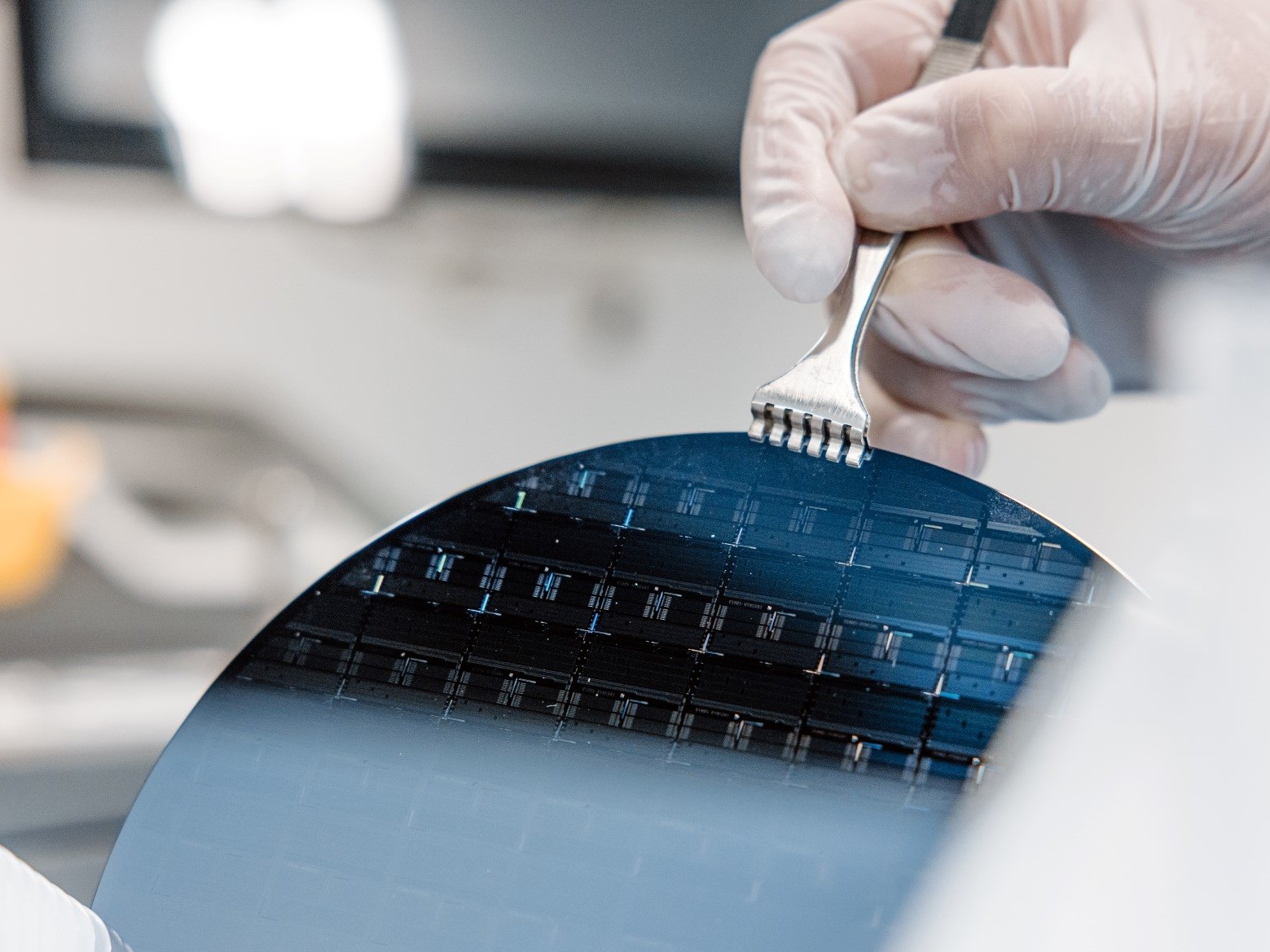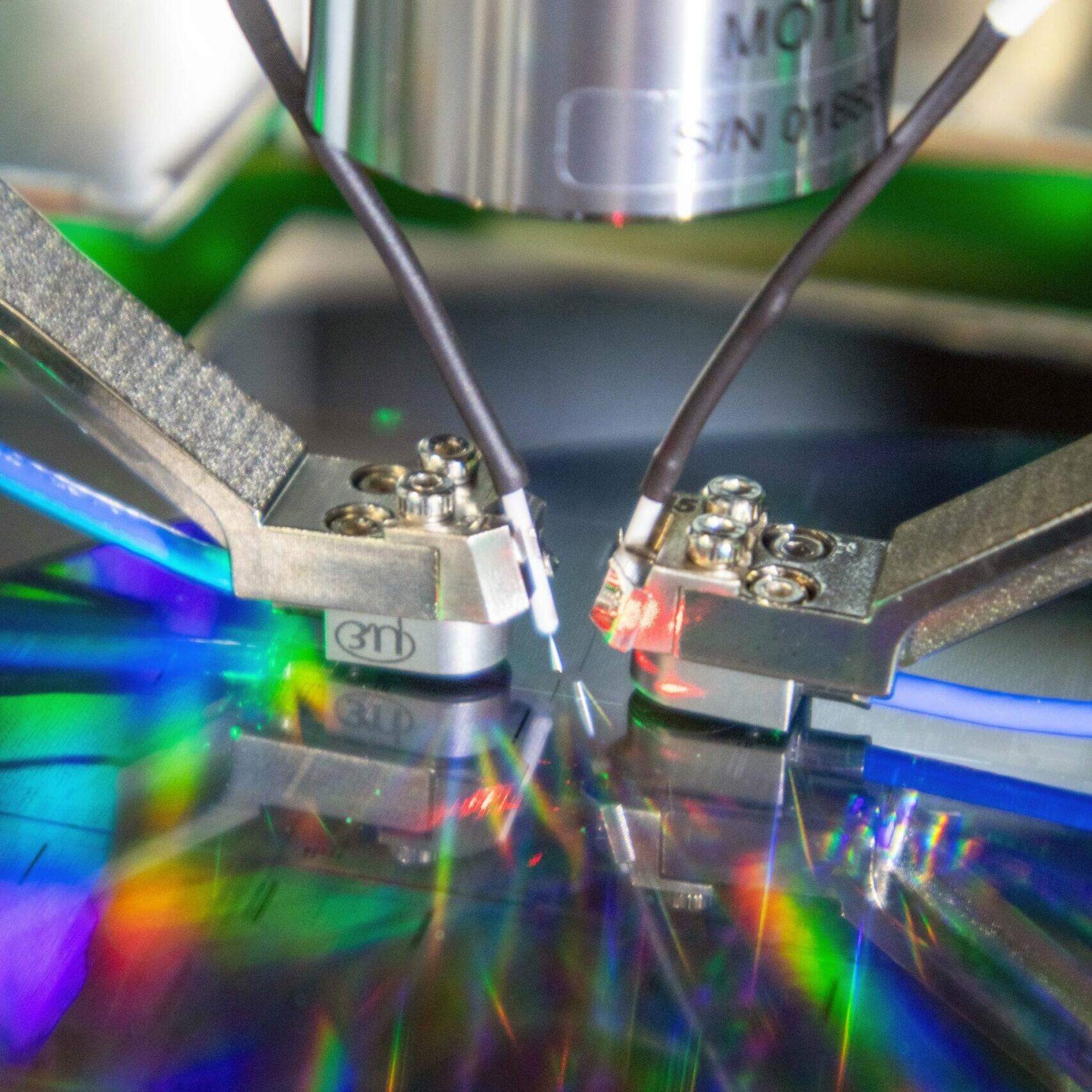Investing in Technological Sovereignty: The Key to European Resilience

Resilience is more than just DefenceTech: Why investments in companies like Black Semiconductor are introducing a new element of technological sovereignty and lay the foundation of the age of AI
In the context of profound geopolitical crises and technological advances, the concept of resilience has never been more important for Europe. As we examine the nature of resilience, it becomes evident that a multifaceted approach is necessary. This approach must go beyond the simplistic black and white thinking and embrace economic stability, technological sovereignty and societal adaptability. This comprehensive view of resilience is essential to ensure Europe’s capacity to innovate and flourish in the face of global challenges.
We have identified three pillars to invest in that are interlinked to build a resilient future: defence and security, technological sovereignty and sustainable and autonomous infrastructure. By supporting start-ups and innovation in these areas, we aim to contribute to a Europe that is not only secure and independent, but also adaptable and forward-looking in the face of global challenges. Our commitment to these sectors reflects our belief in the power of deep technology and innovation to address some of Europe’s most pressing issues.
We have talked a lot about the first pillar, defence. This time we want to showcase why technological sovereignty is actually the foundation of all other pillars.
Investing in key enabling technologies
Technological sovereignty means achieving independence in critical technologies to ensure Europe’s autonomy and economic stability amid global supply chain issues. The chip sector is one of the most prominent examples of Europe’s heavy dependence on foreign players, which is now being addressed with the construction of new chip plants, particularly in Germany.
Emerging companies such as our portfolio company Black Semiconductor have a role to play. A new generation of chip networks is set to transform the chip industry, removing connectivity barriers and multiplying computing power and efficiency by several orders of magnitude.
Integrated circuits and by extension, the semiconductor industry, underpin most modern technology. Looking at predictions on how technological trends like AI, IoT, 5G infrastructure, autonomous driving are expected to develop in the future, the semiconductor industry has to evolve to support the computing power required for all these future applications.
In particular with the rise of AI, scaling sustainable computing power and efficiency will be key to unlocking its full potential for our economies, our infrastructure and society as a whole. US firms lead the world in developing and selling semiconductors, yet manufacturing is dominated by Asian countries.
Europe must focus on achieving independence in key enabling technologies to ensure the continent’s autonomy and economic stability amid geopolitical challenges and supply chain issues. Semiconductors in particular have been a much neglected industry. Black Semiconductor, with its great founding team, exceptional technological know-how and substantial funding, has the ability to bring back some of the much needed technological sovereignty and become one of the key players in Europe.
Black Semiconductor: a new semiconductor technology in Europe
Black Semiconductor is a pioneer in next-generation chip technology. The company was founded by Dr. Daniel Schall and Sebastian Schall in 2020 and was spun out of the Aachen based AMO research institute. Today they have announced the largest funding round for a deep-tech chip company in Europe to date, strengthening Europe’s position in a strategically important industry.
The company has secured €228.7 million in public funding from both the German Ministry of and the State of North Rhine-Westphalia over the next 7 years under the IPCEI program.
With this funding, Black Semiconductor is in a position to develop the first semiconductor based on the novel material graphene. Graphene redefines optical connectivity for a new tech age. This is an important step towards developing the semiconductor value chain in Europe and to advance a new generation of chip technology from research to mass production.

Funding the foundations of the AI age, rooted in Europe
Black Semiconductor is developing a new way of building chip networks. These new chip networks will enable faster data communication between chips, resulting in unprecedented performance, improved energy efficiency and reduced manufacturing costs. A key differentiator for Black Semiconductor is its ambition to enable the mass production of graphene semiconductors in full compliance with existing industry standards – the company’s technology and hardware facilitates optical chip-to-chip interconnections, allowing countless chips to interact almost as if they were one.
By overcoming current limitations in chip architecture, this new technology has the potential to take graphene from research labs to industry for transformative applications across industries, including efficient data centres, generative and embedded AI, high-performance computing and autonomous driving.
In addition to the public funding, Black Semiconductor has secured an additional €25.7 million in private funding – unlocking the public funding . Project A participated in this round, having been an early supporter of Black Semiconductor’s remarkable journey since its seed stage.
The technology developed by Black Semiconductor could massively impact the €422 bn integrated photonics market and more specifically AI chips which are relevant for all industries in the resilience space and beyond.
So we’re proud to be backing a great company and brilliant founding team with a mission to bring a piece of technological sovereignty to Europe.

Black Semiconductor founders Sebastian and Daniel Schall